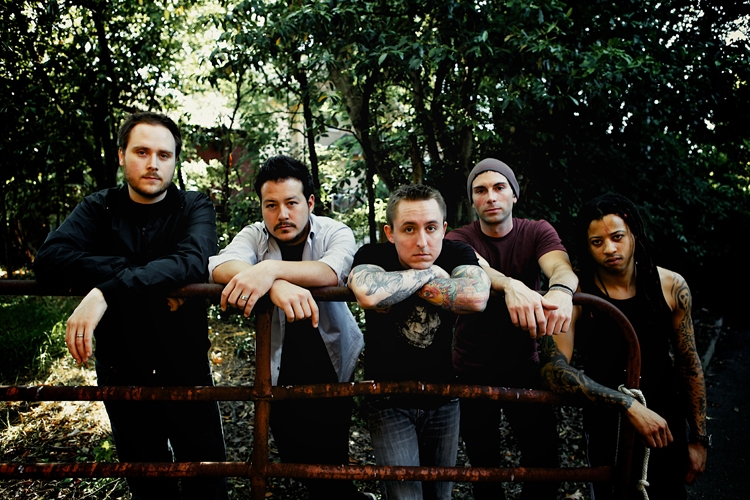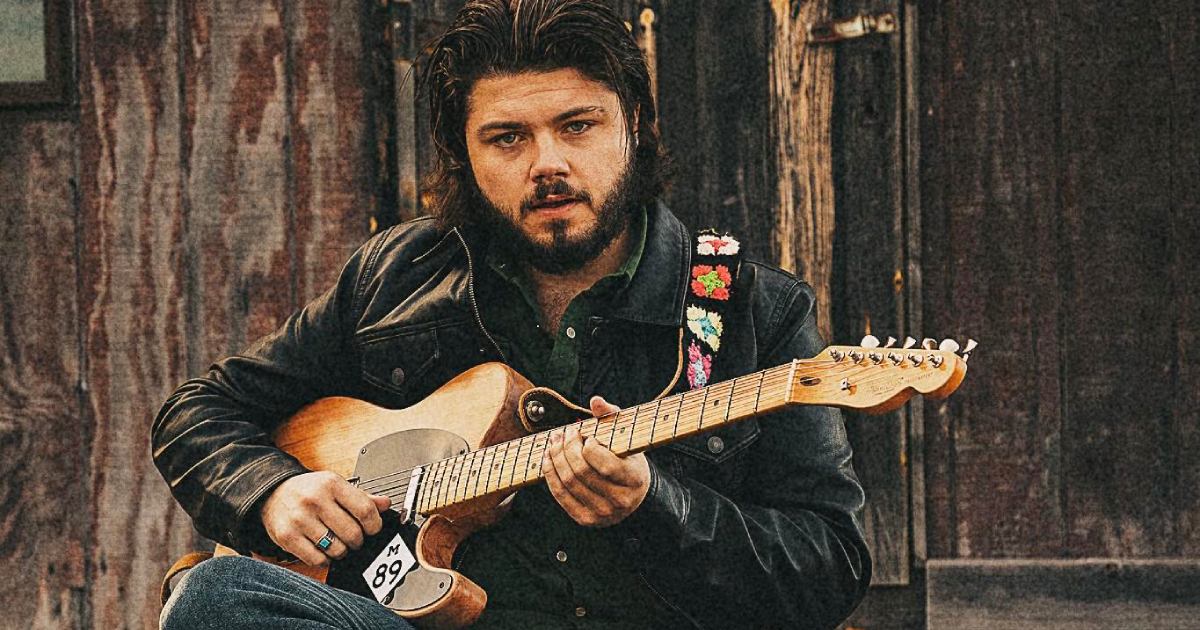Yellowcard wsg What's Eating Gilbert
The Intersection, Grand Rapids
Jan. 29, 7 p.m.
$20 general admission/$75 V.I.P.
sectionlive.com, (616)451-8232
There was a time when the members of veteran pop-punk band Yellowcard nearly called it quits. After a swift rise to success following the platinum-selling 2003 album Ocean Avenue, tempers were stretched thin and something had to give.
"We had a moment in late 2008 where we thought that was it," said Ryan Key, lead singer and guitarist. "We were all burned out on touring, burned out with each other and we had problems with the record label, as well as bad decisions we'd made ourselves."
Instead of breaking up, a consensus was reached: take a hiatus. During the years-long break, Key founded Big If, a musical collaboration with Reeve Oliver frontman Sean O'Donnell. After regrouping and reflecting on their success, Yellowcard's members decided to forge ahead and continue crafting the music that made them a success.
"We were working really hard, but [success] happened really quickly," Key said. "We went to L.A. in 2000, and by 2003 we had Ocean Avenue and had been playing 250 to 300 shows per year for two years."
Currently, Yellowcard is in the midst of celebrating Ocean Avenue's tenth anniversary with a national tour and a completely acoustic take on the album, which was released on Aug. 13. Although the band had already given a previous album the acoustic treatment, this installment was accomplished much more efficiently and with minimal stress.
"This time we had the proper budget, so we were able to use a full drum kit and string section," Key said. "We'd been touring hard for three years, and we wanted people to keep coming back."
Strings are a crucial part of Yellowcard's signature sound, thanks to violinist Sean Mackin, who has been part of Yellowcard since its establishment in 1997. Acoustic arrangements spotlight Mackin's timeless riffs in the center of stunningly robust versions of Yellowcard's most recognizable songs. Fortunately for fans, the often overused descriptor "stripped down" does not apply here.
"We play the first half of the show acoustic, take an intermission and then come back and play the rest of the show electric," Key said. "We just want everyone to enjoy themselves to the fullest."





